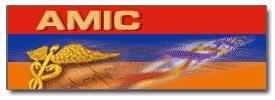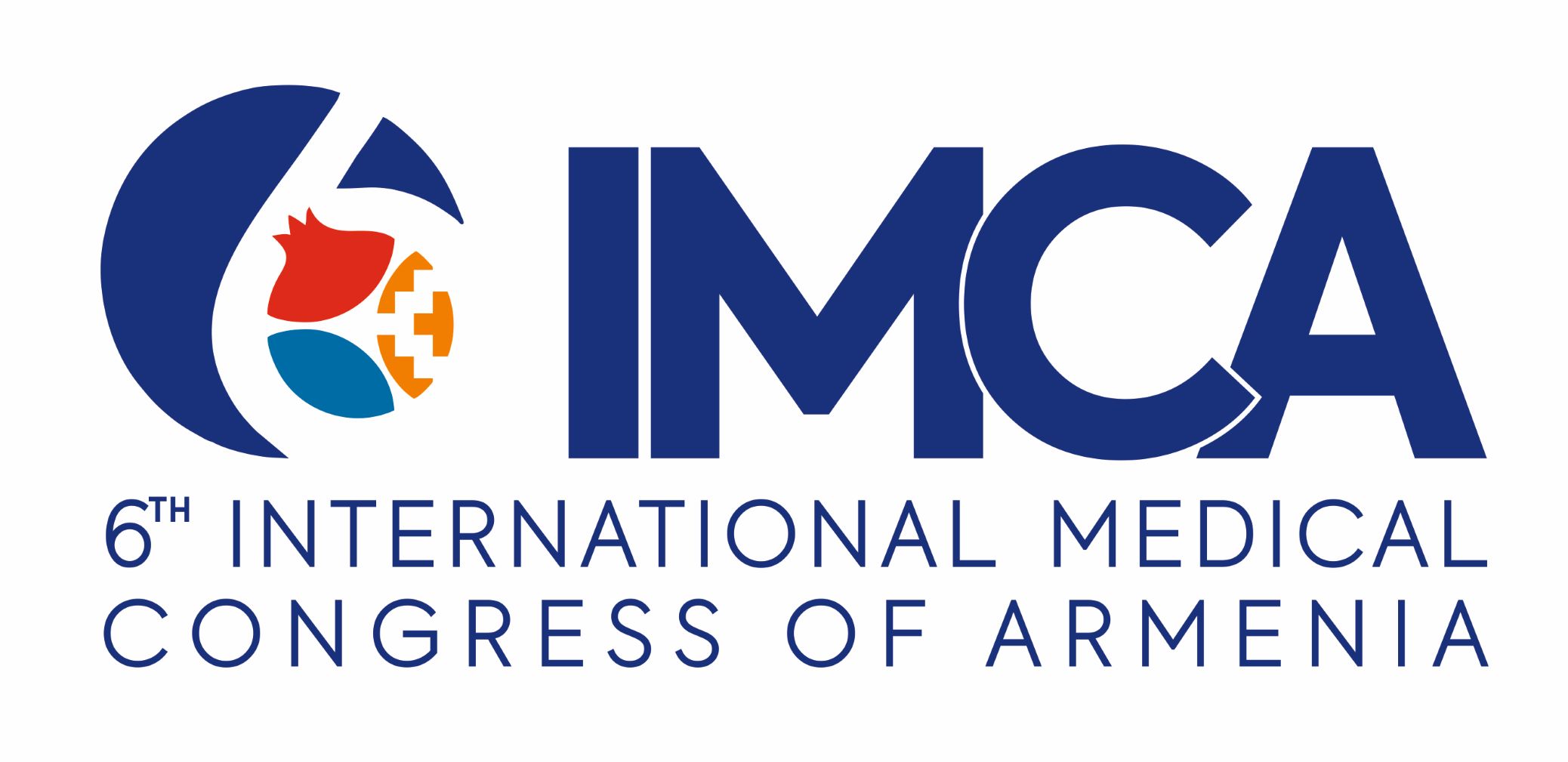 |
Primary Care Development in Armenia |
 |
Please click here for meeting notes from January 7, 2023
Introduction: Armenia's health care system is regarded as having several fundamental problems:
Too many undertrained physicians
They have an underdeveloped primary care system, and as a result,
primary care issues are handled by specialists who only have expertise in their area of specialty.
Physicians are undercompensated by the government, leading to:
- balance billing
- shadow economy of payments for medical services
- delay of diagnosis until the (fill in the blank) is too large to ignore
Primary care training exists and has existed in Armenia, (how would you describe it?)
Armenian physicians have a mandate to accrue hours of CE/PD training, and we have an opportunity to be part of that at the 6IMCA in July 2023. Where do we fit in?
Summary of ACCME criteria for offering CME credit:
- Determine what we are here to do (our Mission)
- Describe what is wrong with Armenian medicine (with respect to primary care bailiwick)
- Create a checklist of topics and specific learning objectives that we need to revamp, update or teach from scratch
- Have a plan to follow up and see where we've done well or poorly.
This makes intuitive sense.
Drawn out in a bit more detail, ACCME created a list of formal criteria for CME planning. See this link for some more detail.
- why are we here?
a clearly stated Mission Statement will serve as a compass for the group to reach a common goal. Do we want to create a teaching program for 6IMCA? do we want to bypass the Congress and work directly with the Ministry of health? do we want to offer the local docs primary care training? Simply bring in Diasporan volunteers? possibly offer primary care skills to specialists to broaden their repertoire?
(1) maximize benefits for participating PC professionals from Armenia and (2) provide a platform for engagement for diaspora experts. - What do we need to fix? Where are we falling short?
it is safe to say that primary care has not been developed in Armenia. Pilot programs have come and gone, and we might review their successes and failures. There is a perceived mindset that specialty care belongs in the hands of specialists, and if this is the case then maybe there is room to teach primary care to specialists. The point is, that somebody needs to make sure that my cardiac care and my arthritis care don't clash with each other.
. - what do we need to teach, with respect to how our learners will behave differently?There are probably a handful of conditions that fall within the primary care repertoire:
hypertension
diabetes
Depression
lipid control
tobacco control
obesity
If we offered teaching programs for these and others, then there might be interest among the primary practitioners, many specialists and mid-level practitioners.
. - who is our target audience?
The 6IMCA will have attendees from many areas, both physician and nonphysician, specialist and generalist, local and Diasporan, many of whom are struggling, others who would like to volunteer. What's in it for all these people?
.
. - What is the best way to teach this?
Lecture is not the best way to change how physicians do things. Panel discussion, point-counterpoint, Q&A, role playing, and others. Can we prepare the audience in advance, with emails, web-based materials, discussion among the AMIC member associations?
. - What kind of desirable attributes do we want to instill or develop in our learners?
These include patient care, but also other important and necessary traits, like compassion, use of informatics, working in teams, communication skills, and more. - (corresponds to ACCME criterion 11) how will we know when we have succeeded?
Many of us are used to a survey after a teaching session to let the team know how enjoyable it was and what we learned. For this to be effective, the survey should ask the right questions. But what about other measures of success? If we create a workable primary care model and measure increased use by patients, or if we demonstrate skills learned in the primary care setting, then that's arguably better than a survey. Creating a platform for Diasporan engagement and measuring its use would be an easy indicator of success. How to measure maximized benefits for participating primary care docs? - probably a survey.)
Primary Care Working Group: Mariam Manoukian, Lorky Libaridian, Seta Boghossian-Tighe,
Shant Shekherdimian, Susanna Onanyan, Armineh Mirzabegian, Armine Barkhudaryan, Samvel Hovhannisyan, Arman Voskerchyan, Armen Minassian, Samvel Hayrumyan, Yelena Abovyan, Gevorg Yaghjyan, Hambardzum Simonyan
Those same ACCME criteria have been reorganized to ask fewer questions, but the thought process is the same:
Mission - What are we trying to achieve? We really need to start here, not with choice of speakers.
Educational needs - Describe the problems we are trying to fix and what we need to know
in order to fix it.
Designed to change - What will we teach physicians to do differently? (learning objectives)
Appropriate formats - What is the best way to teach this,? Keep in mind that lectures are not the best way to change human behavior.
Competencies - What qualities are we trying to instill? These include, but are by no means limited to, medical knowledge and patient care.
Analyzes change - How will we know if we are making a difference? Survey? Something more
Program Analysis - Once we have taught our lessons to the audience and measuring how much they learned, how well are we meeting our Mission Statement?
Program Improvements - What changes can we make to our educational program in order to make it more effective?
Thoughtful discussion of these items is mandatory for the Armenian American Medical Society, when they go through their next CME survey by the Calif. Medical Association. So let's help them out.
Meeting notes from January 7, 2023
Mariam M:
> We decided that Primary Care Task Force group (MOH, HENAR) will do a presentation during the plenary session updating all congress participants on the work that has been done, including needs assessment, current situation and recommendations applicable to primary care in Armenia.
>
> The Satellite symposium on primary care will be free for local PCPs and requires further discussion. The topics will be based on recommendations from physician leaders in primary care from Armenia. We need to discuss the format - didactic lectures vs presentations of certain topics. Congress organizers recommended against having abstracts presentations during this symposium (those will be in break-out sessions). The topics could be preventive care, CVD, mental health, HTN, or discussions of quality metrics, outcomes, etc. Our next meeting will be mostly dedicated to the symposium.
>
> Round table - congress organizers can decide on having it or not. It can be organized in addition to the symposium by inviting experts in certain topics. This probably would not include too many physicians.
> One suggestions came to mind - since most local PCPs are not going to be at the plenary session, maybe the Symposium should start with a presentation from the primary care Task Force. It can be a different presentation and different presenter but along the same lines. - my 2 cents.
> Please, let me know if I missed anything important. Please, correct, add.
> We will send another invitation to a meeting in 4 weeks, on February 4th at 9 pm Yerevan time.
Arman V:
Just one additional comment/clarification. As it was agreed, given the importance of this topic, the format of the event will be a Primary Care satellite conference and not a symposium. At the moment it is planned for the first day (July 6), right after the opening plenary session. As we discussed, the agenda for the conference will be structured in a way to (1) maximize benefits for participating PC professionals from Armenia and (2) provide a platform for engagement for diaspora experts.